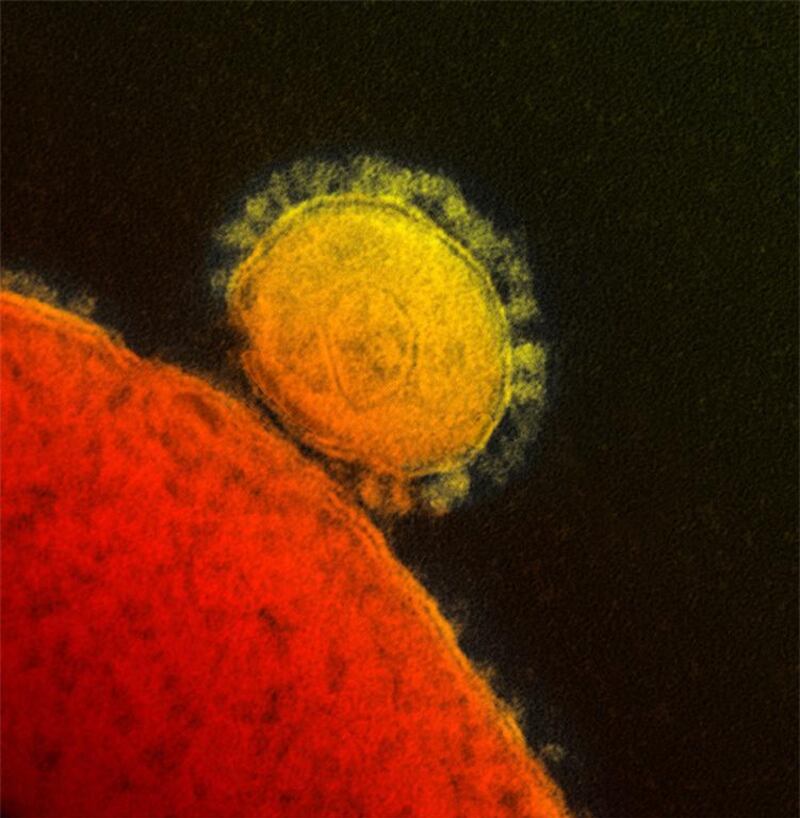ABU DHABI // Health officials have called for calm after a report of Mers coronavirus cases among paramedics in Al Ain, including one death.
The Health Authority – Abu Dhabi (Haad) asked the public to carry on with their lives as normal and to avoid rumours by referring to reliable sources for information on the illness.
The Haad statement, distributed through state news agency Wam, did not mention the report of the six new cases in the emirate, first announced by the Ministry of Interior on Friday.
The Ministry said a Filipino paramedic had died after contracting Mers, with five other paramedics who appeared to have also contracted the virus being kept in quarantine. Patients treated by the paramedics had also been contacted.
Security Media, part of the Ministry of Interior, did not respond on Sunday to a request for an update on the cases.
Haad said the current situation was not a public-health concern, and that it was coordinating with the Ministry of Health and other authorities, taking measures recommended by the World Health Organisation and screening all contacts of affected individuals.
Haad provided tips for preventing respiratory illnesses:
• Wash your hands often with soap and water for 20 seconds, and help young children to do the same.
• Cover your nose and mouth with a tissue when you cough or sneeze then throw the tissue in the dirt bin.
• Avoid touching your eyes, nose, and mouth with unwashed hands.
• Avoid close contact, such as kissing, sharing cups, or sharing eating utensils, with people with fever or flu-like illnesses.
• Clean and disinfect frequently touched surfaces, such as toys and doorknobs.
• Wear masks in mass gatherings such as Hajj or Umrah.
The Ministry of Health said there were no travel bans, port screenings or trade restrictions because of Mers. While the most recent tally from the WHO put the number of deaths at 88, from 212 Mers cases, these figures do not include the suspected cases in Al Ain.
The latest cases should not cause great concern, but do show a need for further studies to pinpoint the source of the disease and how it is transmitted, said Dr Ulrich Wernery, scientific director of the Central Veterinary Research Laboratory in Dubai.
“There are a lot of groups interested in finding out where this disease comes from and I think in six months ... maybe one year, we will know these answers – certainly a lot more than we do now,” said Dr Wernery, whose research suggests camels could be responsible for passing the virus to humans.
Although it remains unknown how people contract the disease, camels play a key role in its spread, Dr Wernery said.
“In recent weeks and months, a lot of the cases have had contact with camels,” he said. “We are seeing that more and more.”
He said the next step would be to vaccinate animals against the virus to reduce its spread, which would have a significantly easier approval process than for a new vaccine for human beings.
A Mers vaccine could take up to 10 years to develop with testing and approval by drug regulatory agencies.
Middle East respiratory syndrome is a virus causing acute, serious respiratory illness with symptoms including fever, cough, shortness of breath and difficulty breathing.
Mers cases have been reported in Saudi Arabia, the UAE, Qatar, Kuwait, Bahrain, Oman, the UK, France, Germany, Italy and Tunisia.
jbell@thenational.ae
lcarroll@thenational.ae





